
Malindi: A Coastal Gem of Kenya
Malindi, located on Kenya's Indian Ocean coastline, is a vibrant town with a rich history and a blend of cultures. Known for its pristine beaches, historical sites, and diverse wildlife, Malindi offers a unique experience for every traveler. Stroll through the historic Old Town, where Swahili architecture and Portuguese influences tell stories of the past. Visit the Vasco da Gama Pillar, a testament to the town's storied maritime history. The Malindi Museum provides further insight into the town's cultural heritage and its significance as a trading hub. For nature lovers, the Malindi Marine National Park is a must-visit. Snorkel or dive in the crystal-clear waters to witness vibrant coral reefs and an array of marine life. Nearby, the Arabuko Sokoke Forest offers hiking trails and bird-watching opportunities, home to some rare and endangered species. Malindi's culinary scene is a delightful fusion of Swahili, Italian, and Indian influences. Savor fresh seafood dishes at local restaurants and enjoy the lively atmosphere of the town's markets. Whether you're seeking adventure, relaxation, or cultural enrichment, Malindi promises an unforgettable experience.
Local tips in Malindi
- Visit during the dry season (June to October) for the best weather and clearer waters for snorkeling.
- Carry cash as many local markets and smaller establishments may not accept credit cards.
- Dress modestly when visiting religious sites to show respect for local customs.
- Hire a local guide for a deeper understanding of the historical and cultural significance of sites.
- Try local Swahili dishes like biryani and coconut fish curry for an authentic culinary experience.
Malindi: A Coastal Gem of Kenya
Malindi, located on Kenya's Indian Ocean coastline, is a vibrant town with a rich history and a blend of cultures. Known for its pristine beaches, historical sites, and diverse wildlife, Malindi offers a unique experience for every traveler. Stroll through the historic Old Town, where Swahili architecture and Portuguese influences tell stories of the past. Visit the Vasco da Gama Pillar, a testament to the town's storied maritime history. The Malindi Museum provides further insight into the town's cultural heritage and its significance as a trading hub. For nature lovers, the Malindi Marine National Park is a must-visit. Snorkel or dive in the crystal-clear waters to witness vibrant coral reefs and an array of marine life. Nearby, the Arabuko Sokoke Forest offers hiking trails and bird-watching opportunities, home to some rare and endangered species. Malindi's culinary scene is a delightful fusion of Swahili, Italian, and Indian influences. Savor fresh seafood dishes at local restaurants and enjoy the lively atmosphere of the town's markets. Whether you're seeking adventure, relaxation, or cultural enrichment, Malindi promises an unforgettable experience.
When is the best time to go to Malindi?
Iconic landmarks you can’t miss
Malindi marine boat excursions
Discover the breathtaking underwater wonders and vibrant marine life with Malindi Marine Boat Excursions, a must-do for every visitor to Kenya's coast.
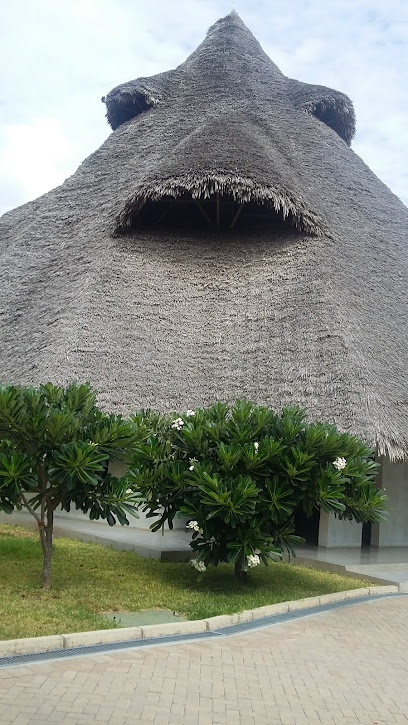
Vasco da Gama Pillar
Explore Malindi's Vasco da Gama Pillar, a historic landmark symbolizing the rich maritime heritage of Kenya's coastal history.
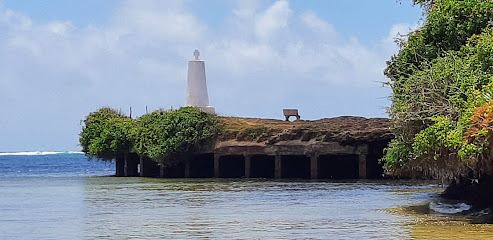
Malindi International Airport
Discover the beauty of Malindi, Kenya through its international gateway, where seamless travel meets tropical charm and adventure awaits.
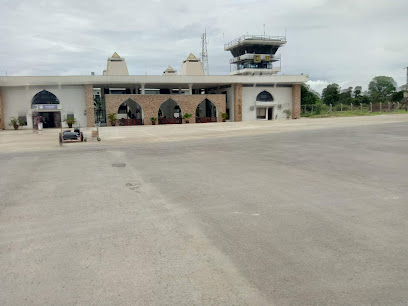
Gede Ruins Malindi... Snake Park
Explore the Gede Ruins in Malindi, a captivating historical landmark showcasing the remnants of a vibrant Swahili town surrounded by lush nature.
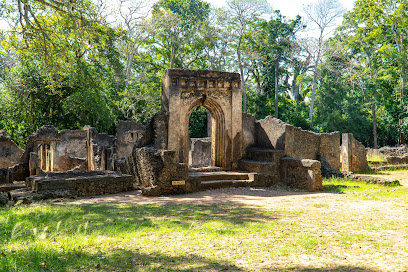
Sandies Tropical Village
Experience the ultimate tropical escape at Sandies Tropical Village, where luxury meets the beauty of Malindi's pristine coastline and vibrant culture.
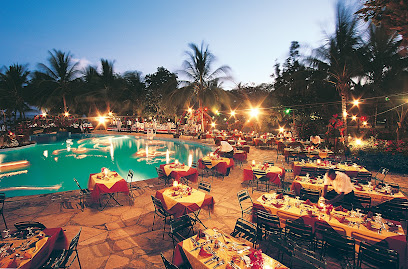
Simba Dishes
Discover the vibrant flavors of Kenya at Simba Dishes in Malindi, where authentic cuisine meets a welcoming atmosphere for all visitors.
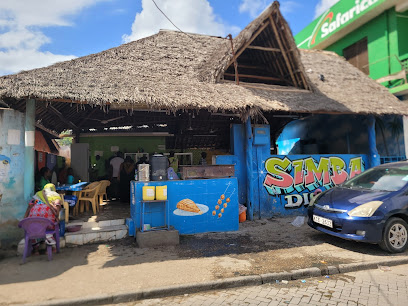
Gede Ruins
Discover the rich heritage and breathtaking beauty of Gede Ruins, a captivating archaeological site along Kenya's stunning coastline.
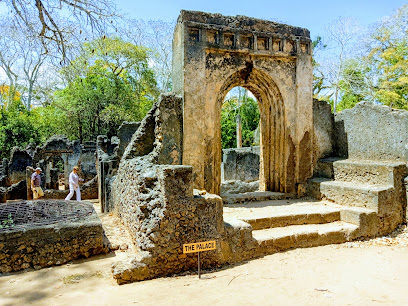
Mwembe Resort
Experience luxurious relaxation and vibrant culture at Mwembe Resort in Malindi, the perfect tropical escape on Kenya's stunning coastline.
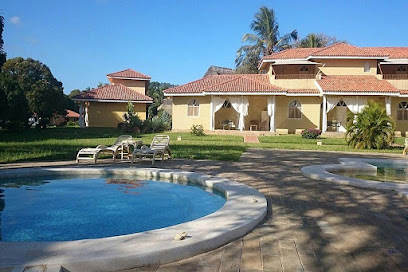
Osteria Beach Bar & Restaurant
Discover the coastal culinary delight of Osteria Beach Bar & Restaurant in Malindi, where fresh flavors meet stunning ocean views for an unforgettable dining experience.
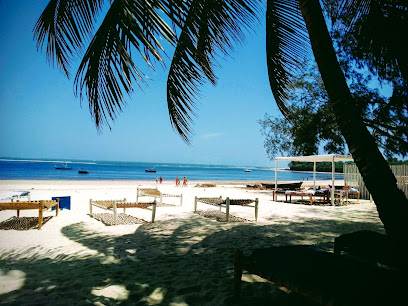
Hell’s Kitchen
Explore the breathtaking beauty of Hell's Kitchen in Marafa, a geological wonder with stunning canyons and vibrant landscapes that captivate every traveler.
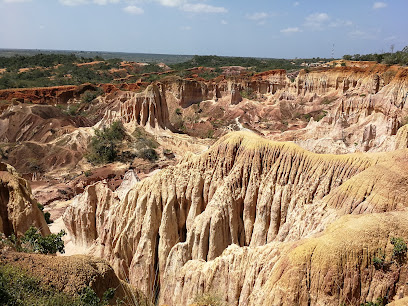
Ocean Beach Resort And Spa
Discover the serene beauty of Ocean Beach Resort and Spa in Malindi, where luxury meets the stunning coastline of Kenya.

Diamonds Dream of Africa
Discover the luxury and tranquility of Diamonds Dream of Africa in Malindi, where stunning beaches and exceptional service await you.

Malindi town
Discover Malindi Town: A Coastal Gem of Kenya with Stunning Beaches, Unique Architecture, and Vibrant Local Culture.
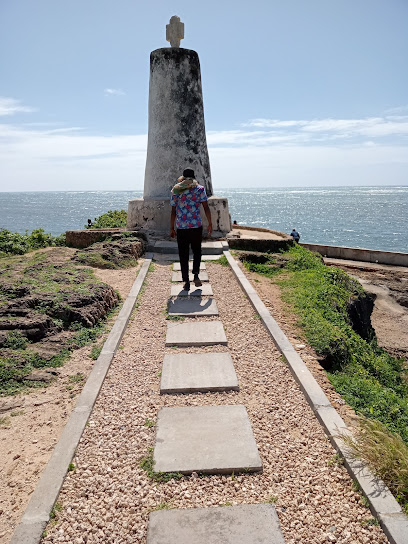
Rosada Beach & Restaurant
Discover Rosada Beach & Restaurant in Malindi – a perfect fusion of delectable cuisine and stunning ocean views, ideal for every traveler.
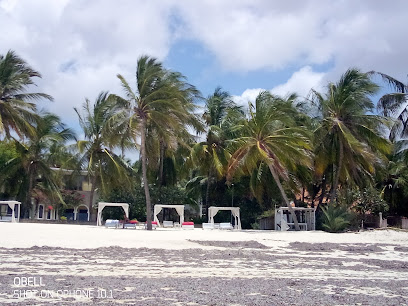
Baby Marrow - Italian Restaurant & Pizzeria
Discover the taste of Italy at Baby Marrow, the perfect pizzeria and restaurant in Malindi offering a delightful selection of authentic Italian dishes.
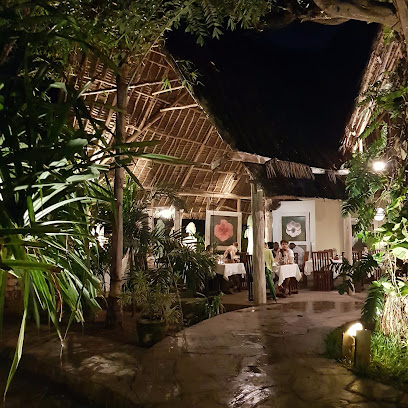
Unmissable attractions to see
Watamu Marine National Park & Reserve
Explore the breathtaking Watamu Marine National Park & Reserve, where stunning coral reefs meet diverse marine life along Kenya's pristine coastline.
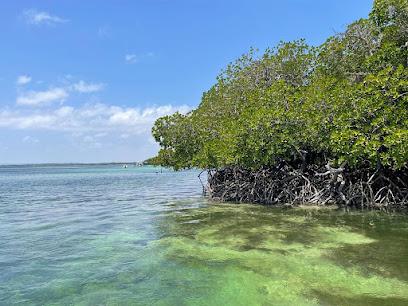
Malindi marine boat excursions
Explore the enchanting waters of Malindi with thrilling marine boat excursions, perfect for wildlife lovers and adventure seekers alike.
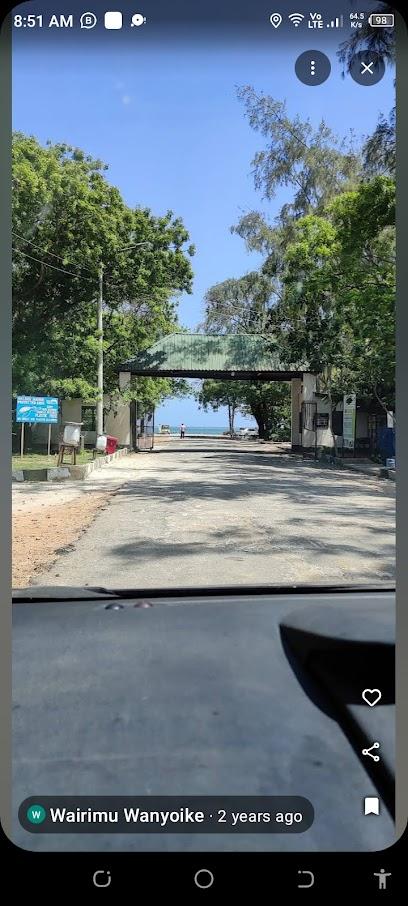
Vasco da Gama Pillar
Discover the Vasco da Gama Pillar, a historic landmark in Malindi that offers stunning ocean views and a glimpse into Kenya's rich maritime history.
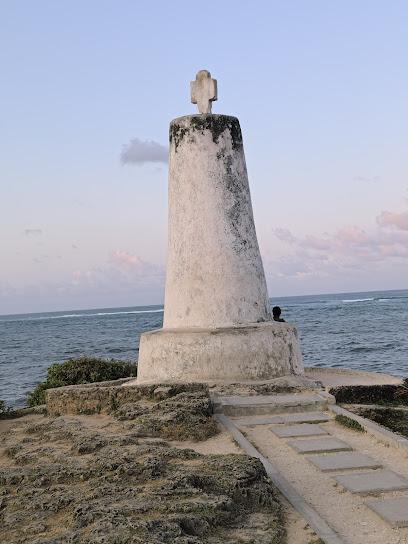
Gedi Ruins Malindi... Snake Park
Explore the Gedi Ruins, a stunning historical landmark on Kenya's coast, revealing the remnants of a vibrant medieval Swahili town amidst lush greenery.
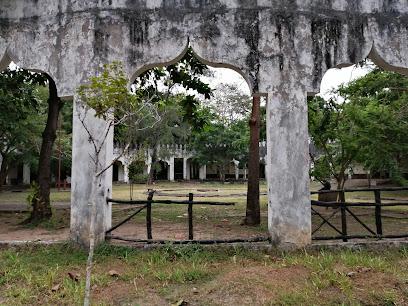
Gede Ruins Malindi... Snake Park
Explore the ancient Gede Ruins and the exotic Snake Park for a unique blend of history and wildlife in the heart of Kenya's coastal paradise.
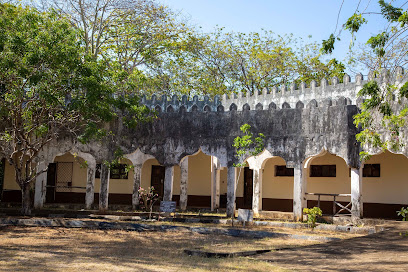
Gede Ruins
Explore Gede Ruins, an archaeological gem in Kenya, where history, culture, and nature intertwine in a breathtaking setting.
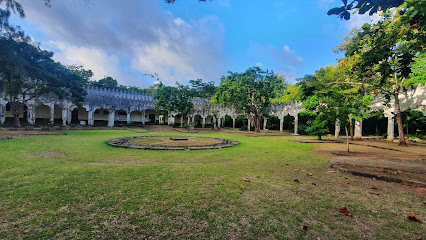
Hell’s Kitchen
Explore Hell's Kitchen in Marafa, a stunning natural wonder with breathtaking landscapes and unique geological formations in Kenya.
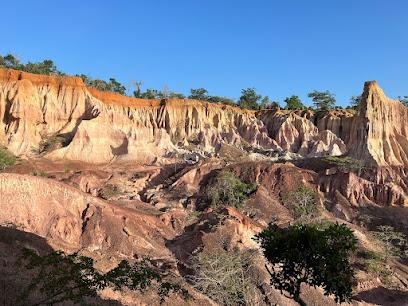
Falconry Of Kenya Ltd
Experience the beauty of Kenya's avian wildlife at Falconry of Kenya Ltd in Malindi, where education meets conservation.
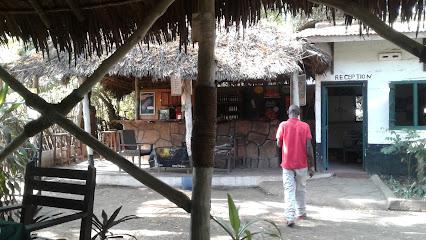
Malindi pier
Explore the scenic beauty and vibrant culture at Malindi Pier, a perfect blend of relaxation and adventure on Kenya's stunning coastline.
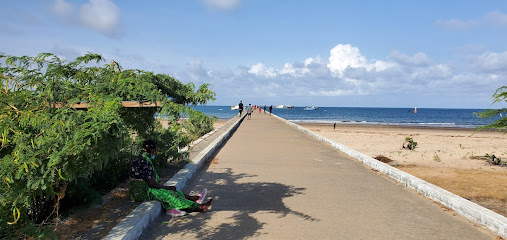
Mida Creek
Explore the serene beauty of Mida Creek in Watamu, Kenya, where mangroves meet vibrant marine life in a tranquil nature preserve.
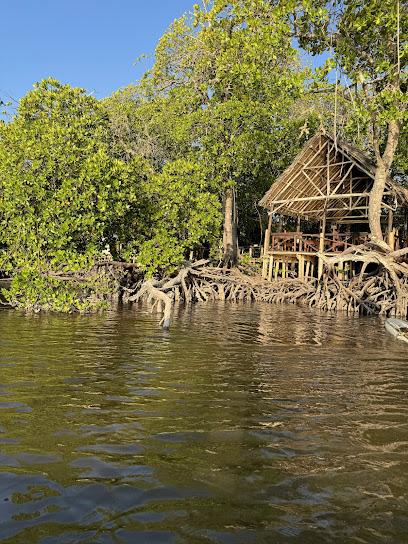
Uhuru Gardens
Explore the lush landscapes of Uhuru Gardens in Malindi, a serene park perfect for relaxation, picnics, and enjoying nature's beauty.
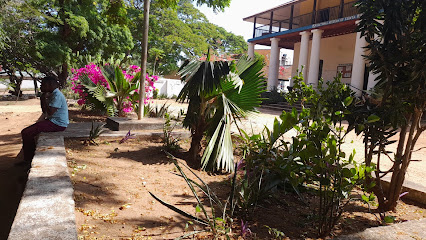
Arabuko Sokoke Forest KFS Gede Gate (Main Gate)
Experience the enchanting Arabuko Sokoke Forest, a vibrant paradise for hiking and nature appreciation in Kenya's rich biodiversity.
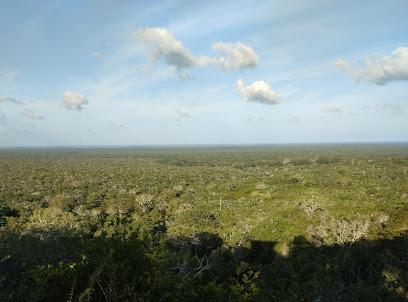
Camp Gedeng
Experience the captivating beauty and rich culture of Camp Gedeng in Malindi, where adventure and relaxation await every traveler.
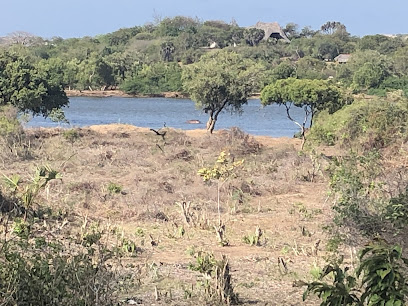
Waypoint Tours malindi
Explore the vibrant marine life and stunning scenery of Malindi with Waypoint Tours, your gateway to unforgettable adventures in Kenya's coastal paradise.
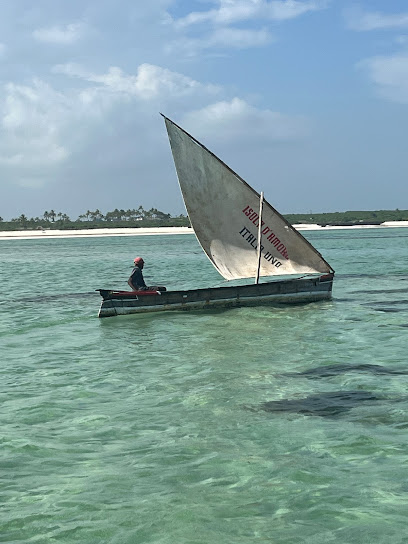
Ndoro Sculpture Garden by appointment only
Explore the Ndoro Sculpture Garden in Malindi, a tranquil haven of unique stone sculptures amidst lush greenery and artistic charm.
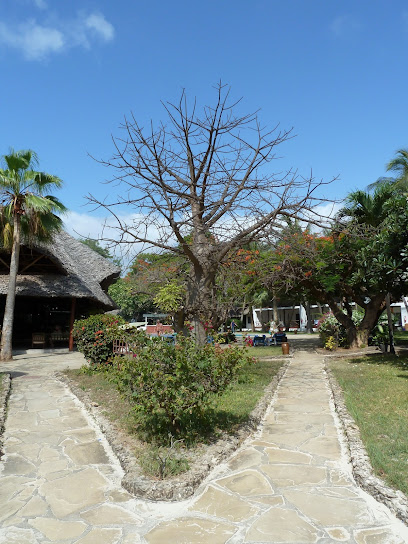
Essential places to dine
Simba Dishes
Discover authentic Kenyan flavors at Simba Dishes in Malindi - where every meal tells a story.
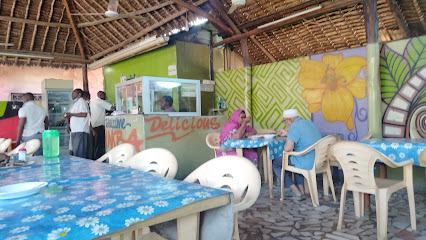
Bar Bar Restaurant & Pizzeria
Discover delicious pizzas and local delicacies at Bar Bar Restaurant & Pizzeria in Malindi – where flavor meets fun!
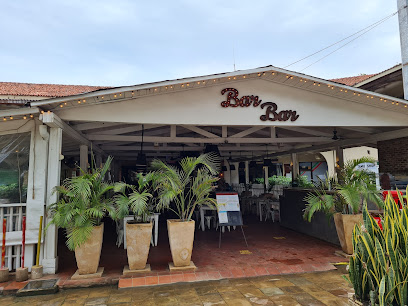
Osteria Beach Bar & Restaurant
Experience exquisite dining at Osteria Beach Bar & Restaurant in Malindi – where local flavors meet oceanfront beauty.
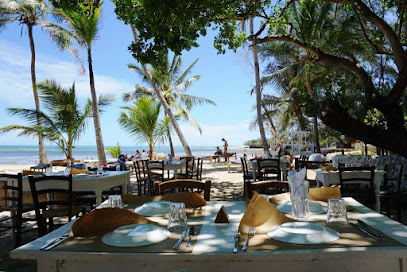
Jabreen
Discover Jabreen in Malindi - A must-visit restaurant offering authentic Kenyan flavors and a welcoming atmosphere.
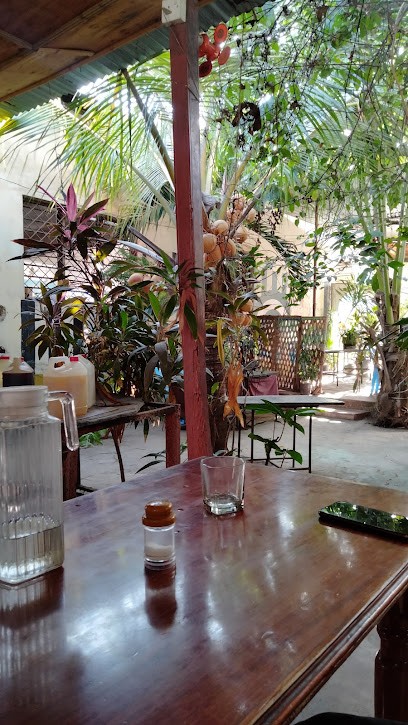
Rosada Beach & Restaurant
Experience exquisite dining with breathtaking ocean views at Rosada Beach & Restaurant in Malindi - where culinary delights meet coastal charm.
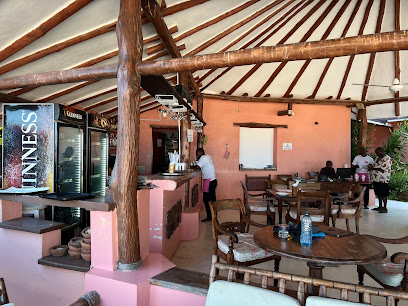
Baby Marrow - Italian Restaurant & Pizzeria
Indulge in authentic Italian flavors at Baby Marrow - Malindi's premier Italian restaurant & pizzeria offering delightful dishes in a cozy setting.
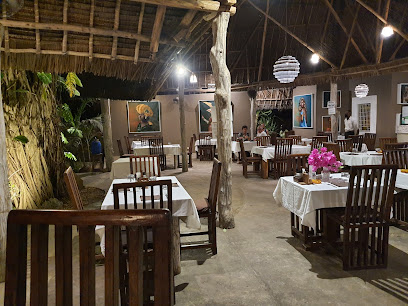
Shukrani Cafe
Experience the vibrant flavors of Kenya at Shukrani Cafe in Malindi – where every meal tells a story.
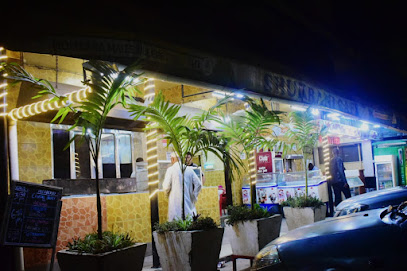
Coco Beach
Experience delectable cuisine and breathtaking views at Coco Beach in Malindi – where every meal feels like a celebration by the sea.
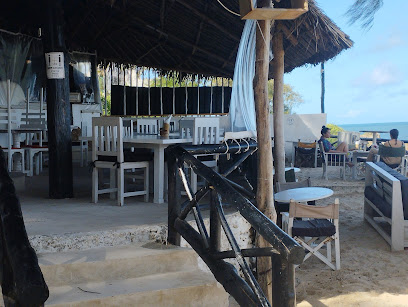
KB
Experience the vibrant flavors and lively atmosphere at KB in Malindi – where culinary delight meets coastal charm.
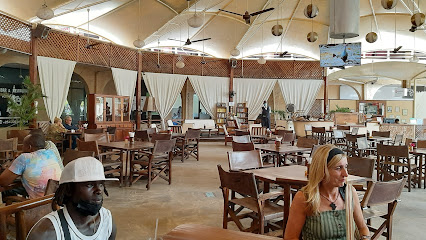
Seafront Swahili Dishes
Discover authentic East African cuisine at Seafront Swahili Dishes in Malindi – where every bite tells a story of coastal heritage.
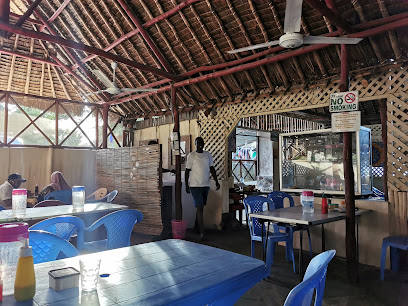
Stars And Garters Restaurant
Experience authentic African cuisine at Stars And Garters Restaurant in Malindi, where delightful flavors meet warm hospitality.
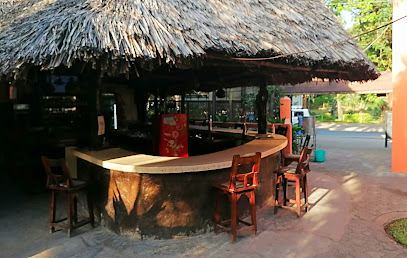
Kienyeji Bar
Experience authentic Kenyan cuisine at Kienyeji Bar in Malindi - a grill haven serving delicious local flavors in a vibrant setting.
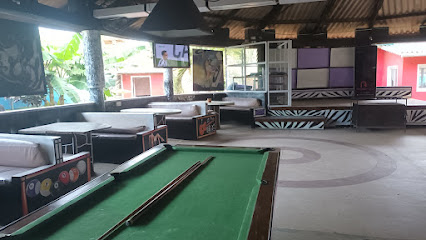
Baobab restaurant
Discover authentic African flavors at Baobab Restaurant in Malindi with stunning ocean views and warm hospitality.
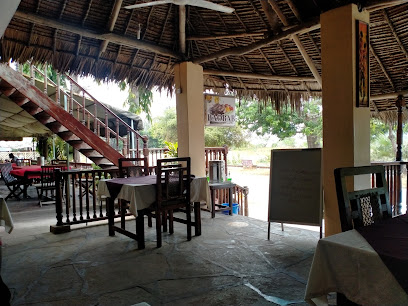
Malaika Malindi Restaurant
Experience authentic Kenyan cuisine at Malaika Malindi Restaurant - where local flavors meet vibrant ambiance.
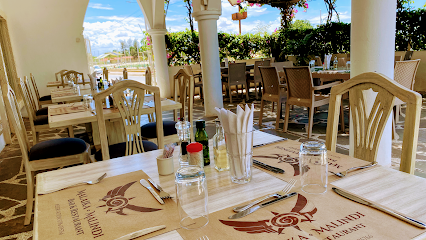
Karen Blixen
Discover the essence of Kenyan cuisine at Karen Blixen Restaurant in Malindi - where local ingredients meet international flair.
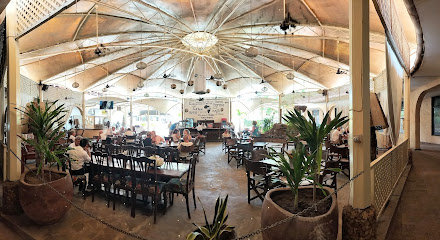
Markets, malls and hidden boutiques
Off Malindi Road,malindi
Explore the vibrant shopping mall off Malindi Road, featuring diverse shops, delicious dining, and cultural experiences for every tourist.
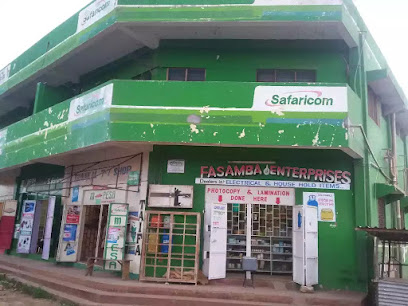
Urban Boutique
Discover unique fashion and local craftsmanship at Urban Boutique in Malindi, a stylish retreat for discerning travelers.
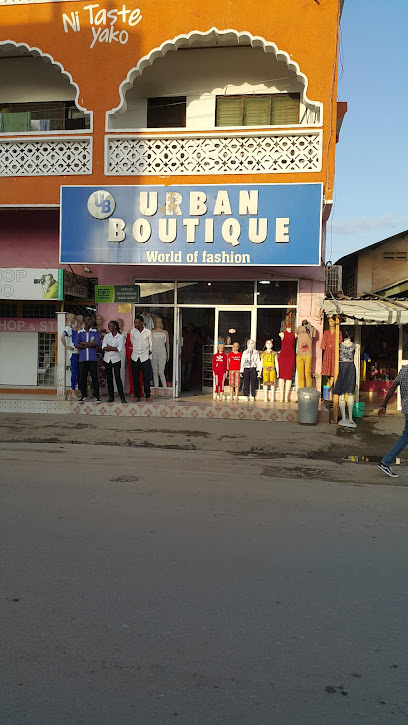
Miradi Studio Boutique
Discover unique fashion at Miradi Studio Boutique in Malindi - where local craftsmanship meets contemporary style.
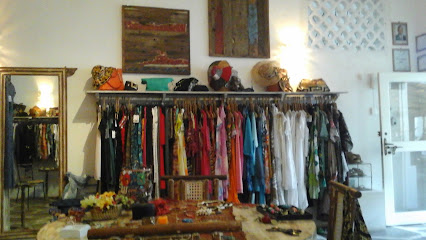
Mohawk ltd
Discover unique fashion accessories, clothing, and home goods at Mohawk Ltd in Malindi, where Kenyan culture meets modern style.
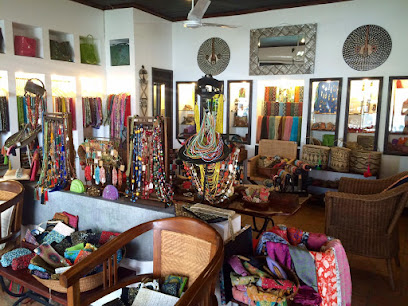
Clends Cosmetics And Gift Shop
Explore the finest cosmetics and unique gifts at Clends Cosmetics And Gift Shop in Malindi, where beauty meets local charm.
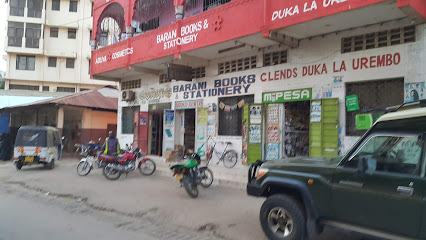
Perfect Collection
Explore Perfect Collection in Malindi for unique Kenyan crafts and stylish fashion, showcasing the finest local artistry and design.
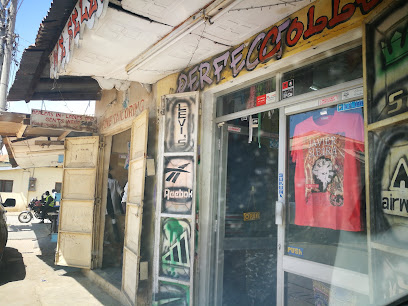
Jonnie's Boutique
Explore Malindi's vibrant culture through unique fashion and artisanal crafts at Jonnie's Boutique, a must-visit shopping destination for tourists.
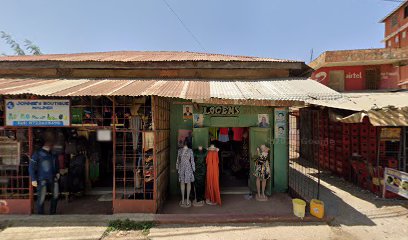
WildSideShop
Explore unique clothing styles in Malindi at WildSideShop, where local culture meets contemporary fashion.
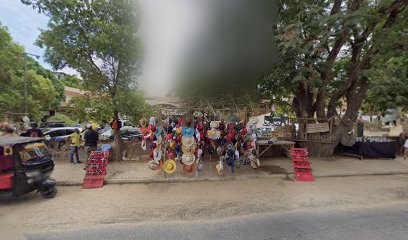
Abdulwahid Second Hand Goods
Explore Abdulwahid Second Hand Goods in Malindi for unique finds, vintage treasures, and a taste of local culture in your travels.

Malindi Boutique
Explore Malindi Boutique for unique fashion and artisanal goods, celebrating local craftsmanship in the heart of Kenya's coastal paradise.
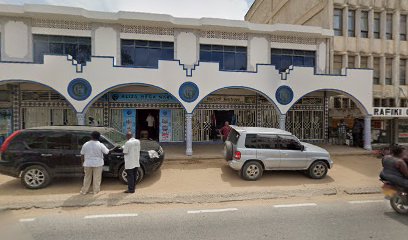
RMM SHOP
Discover unique crafts and warm hospitality at RMM SHOP in the heart of Malindi, an essential stop for every traveler seeking local treasures.
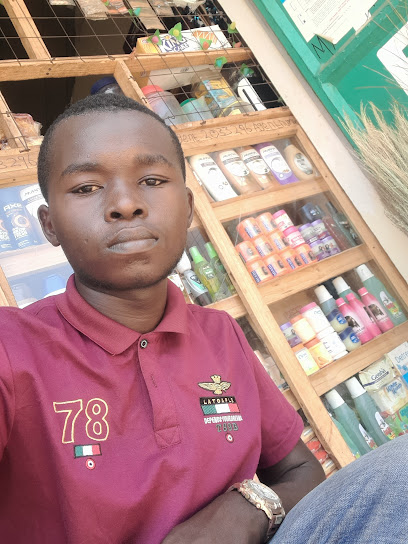
Nazizi Africa Gift Shop
Discover unique handcrafted treasures at Nazizi Africa Gift Shop in Malindi – a must-visit for cultural souvenirs and local artistry.
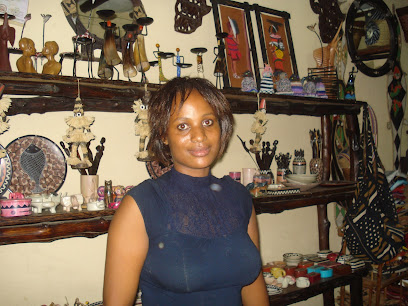
Vintage, Outlet & Co
Discover unique styles and local designs at Vintage, Outlet & Co, a must-visit clothing store in Malindi for fashion enthusiasts.
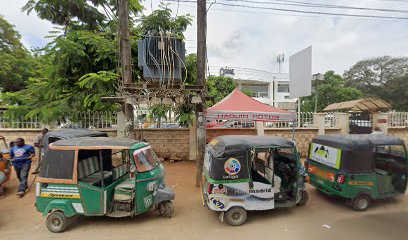
Barani Gift And Toys Shop
Discover unique gifts and toys that embody the spirit of Malindi at Barani Gift and Toys Shop - a charming treasure for every visitor.
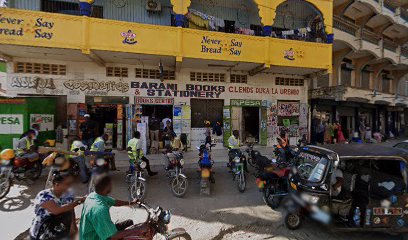
Coastal Baby Shop Malindi
Discover the Coastal Baby Shop in Malindi, where stylish children's clothing meets the vibrant spirit of the Kenyan coast.
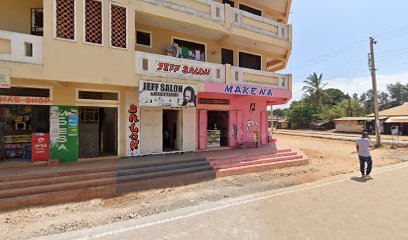
Essential bars & hidden hideouts
Dhome Bar And Restaurant
Experience the vibrant flavors and lively atmosphere of Dhome Bar And Restaurant in Malindi, where local culture meets delicious cuisine.
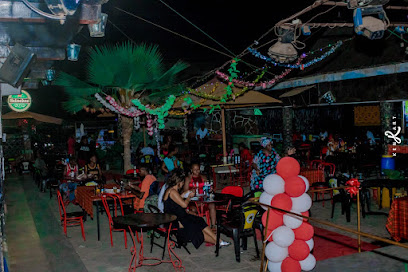
Kienyeji Bar
Experience the vibrant flavors of Kenya at Kienyeji Bar in Malindi, where local culture and delicious grilled dishes come together.
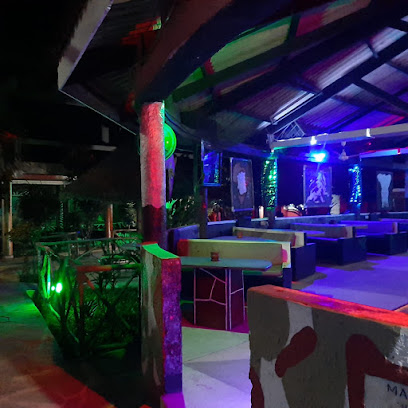
Mabeshte Sports Bar and restaurant.
Experience the vibrant culinary scene at Mabeshte Sports Bar and Restaurant in Malindi, where great food meets lively entertainment.
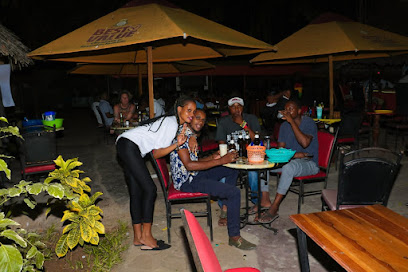
Vintage Lounge Bar
Experience the vibrant nightlife at Vintage Lounge Bar in Malindi, where cozy ambiance meets delightful drinks and live music.
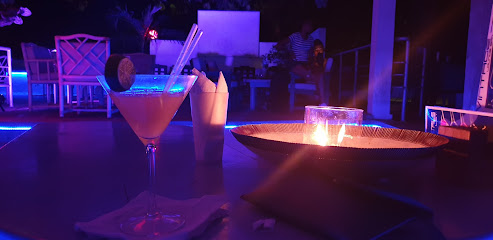
Chic's Bar And Restaurant
Discover the vibrant flavors of Malindi at Chic's Bar and Restaurant, where local cuisine meets a lively atmosphere and international delights.
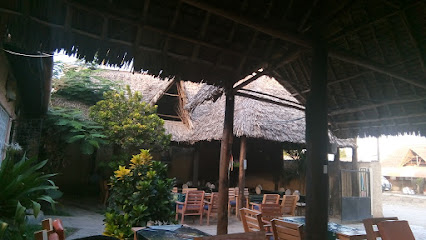
Wazee hukumbuka
Experience the vibrant atmosphere of Wazee Hukumbuka in Malindi, where unique cocktails and local flavors meet a relaxed coastal vibe.
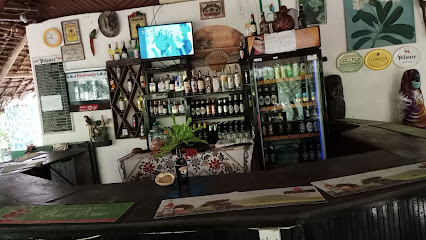
Santorini Lounge
Experience the vibrant atmosphere and delicious grill cuisine at Santorini Lounge in Malindi, a perfect retreat for food lovers and socializers.
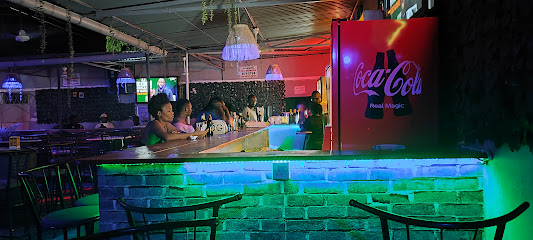
Galana Bar & Restaurant
Discover the vibrant charm of Galana Bar & Restaurant in Malindi, where local flavors and lively entertainment create unforgettable experiences.
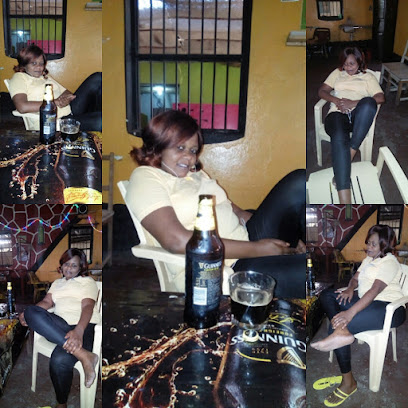
Club 28
Experience the perfect blend of delicious grilled cuisine and vibrant nightlife at Club 28 in Malindi, an ultimate destination for food and fun.
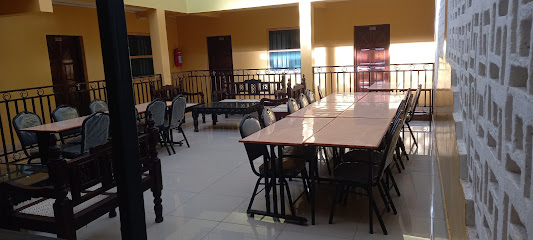
Makuti Bar & Restaurant
Experience the vibrant atmosphere of Malindi at Makuti Bar & Restaurant, where local charm meets delicious food and refreshing drinks.
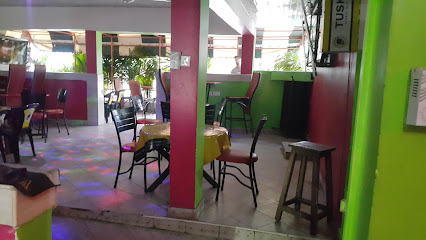
Maweni Bar & Restaurant
Discover the perfect blend of local cuisine and refreshing drinks at Maweni Bar & Restaurant, a must-visit destination in Malindi.
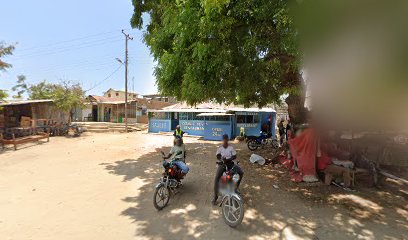
Billionaire Grill & Bar
Experience exquisite dining at Billionaire Grill & Bar, where local flavors meet international cuisine in a stunning coastal setting.
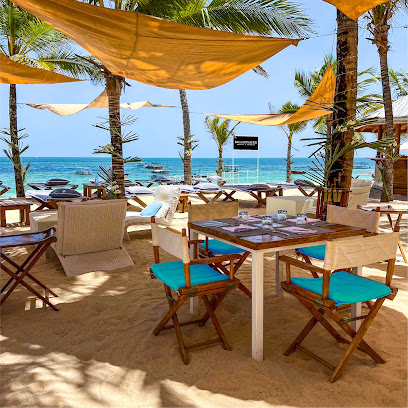
La Stella Bar & Restaurant
Experience the vibrant flavors of Malindi at La Stella Bar & Restaurant, where local cuisine meets a lively, coastal atmosphere.

Urafiki Bar & Restaurant / URAFIKI HIGHWAY CLUB
Discover the authentic flavors of Malindi at Urafiki Bar & Restaurant, where delightful grilled dishes and local ambiance await you.
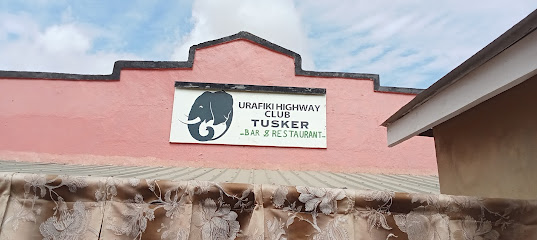
Local Phrases
-
- HelloJambo
[jahm-boh] - GoodbyeKwaheri
[kwah-heh-ree] - YesNdio
[n-dee-oh] - NoHapana
[hah-pah-nah] - Please/You're welcomeTafadhali
[tah-fah-dha-lee] - Thank youAsante
[ah-sahn-teh] - Excuse me/SorrySamahani
[sah-mah-hah-nee] - How are you?U hali gani?
[oo hah-lee gah-nee] - Fine. And you?Salama. Na wewe?
[sah-lah-mah. nah weh-weh] - Do you speak English?Unasema Kiingereza?
[oo-nah-seh-mah kee-een-geh-reh-zah] - I don't understandSielewi
[see-eh-leh-wee]
- HelloJambo
-
- I'd like to see the menu, pleaseNingependa kuona menyu, tafadhali
[nin-geh-pehn-dah kwoh-nah meh-nyu, tah-fah-dha-lee] - I don't eat meatMimi si kula nyama
[mee-mee see koo-lah nyah-mah] - Cheers!Mambo!
[mahm-boh] - I would like to pay, pleaseNingependa kulipa, tafadhali
[nin-geh-pehn-dah koo-lee-pah, tah-fah-dha-lee]
- I'd like to see the menu, pleaseNingependa kuona menyu, tafadhali
-
- Help!Msaada!
[msah-ah-dah] - Go away!Nenda zako!
[nen-dah zah-koh] - Call the Police!Piga polisi!
[pee-gah poh-lee-see] - Call a doctor!Piga daktari!
[pee-gah dahk-tah-ree] - I'm lostNimepotea
[nee-meh-poh-teh-ah] - I'm illNinaumwa
[nee-nah-oom-wah]
- Help!Msaada!
-
- I'd like to buy...Ningependa kununua...
[nin-geh-pehn-dah koo-noo-noo-ah] - I'm just lookingNinaangalia tu
[nee-nah-ahn-gah-lee-ah too] - How much is it?Bei ni kiasi gani?
[beh-ee nee kee-ah-see gah-nee] - That's too expensiveHicho ni ghali sana
[hee-choh nee gah-lee sah-nah] - Can you lower the price?Unaweza kupunguza bei?
[oo-nah-weh-zah koo-poon-goo-zah beh-ee]
- I'd like to buy...Ningependa kununua...
-
- What time is it?Saa ngapi?
[sah-ah ngah-pee] - It's one o'clockNi saa moja
[nee sah-ah moh-jah] - Half past (10)Nusu saa (kumi)
[noo-soo sah-ah (koo-mee)] - MorningAsubuhi
[ah-soo-boo-hee] - AfternoonMchana
[m-chah-nah] - EveningJioni
[joh-ee-nee] - YesterdayJana
[jah-nah] - TodayLeo
[leh-oh] - TomorrowKesho
[keh-shoh] - 1Moja
[moh-jah] - 2Mbili
[m-bee-lee] - 3Tatu
[tah-too] - 4Nne
[n-neh] - 5Tano
[tah-noh] - 6Sita
[see-tah] - 7Saba
[sah-bah] - 8Nane
[nah-neh] - 9Tisa
[tee-sah] - 10Kumi
[koo-mee]
- What time is it?Saa ngapi?
-
- Where's a/the...?Iko wapi...?
[ee-koh wah-pee] - What's the address?Ni anuani gani?
[nee ah-noo-ah-nee gah-nee] - Can you show me (on the map)?Unaweza kunionyesha (kwenye ramani)?
[oo-nah-weh-zah koo-nee-ohn-nyeh-shah (kweh-neh rah-mah-nee)] - When's the next (bus)?Ni lini basi ijayo?
[nee lee-nee bah-see ee-jah-yoh] - A ticket (to ....)Tiketi (kwenda ....)
[tee-keh-tee (kwehn-dah)]
- Where's a/the...?Iko wapi...?
History of Malindi
-
Malindi's rich history dates back to at least the 13th century when it was a vital Swahili settlement. The town became a melting pot of different cultures, including Arab, Persian, Indian, and Chinese influences, forming a unique Swahili culture. This period saw the construction of coral stone houses, mosques, and the flourishing of Swahili arts and crafts.
-
In 1498, the Portuguese explorer Vasco da Gama arrived in Malindi, marking a significant historical event. The Sultan of Malindi welcomed him warmly and even provided a pilot to navigate to India. This event solidified Malindi's role as a key port in the Indian Ocean trade network. The Vasco da Gama Pillar, a coral stone pillar erected to commemorate this event, still stands today as a historical monument.
-
During the 16th century, Malindi and Mombasa were rival city-states. The Portuguese, who had established a stronghold in Malindi, often clashed with Mombasa. In 1593, the Portuguese built Fort Jesus in Mombasa, shifting the balance of power. Despite this, Malindi remained an important ally to the Portuguese.
-
By the late 17th century, the Omani Arabs had begun to exert control over the East African coast, including Malindi. The town experienced a decline in its prosperity as the focus of trade shifted to Mombasa and Zanzibar under Omani rule. However, Malindi retained its cultural significance, with many Swahili traditions persisting through the centuries.
-
In the late 19th and early 20th centuries, Malindi came under British colonial rule. The town saw some modernization with the construction of roads, schools, and administrative buildings. However, it remained relatively small compared to other coastal towns. The British influence brought new architectural styles and further diversified the local culture.
-
After Kenya gained independence in 1963, Malindi began to grow as a tourist destination. Its pristine beaches, historical sites, and vibrant culture attracted visitors from around the world. The establishment of marine parks and conservation areas also played a crucial role in promoting sustainable tourism. Today, Malindi is a bustling town that blends historical charm with modern amenities.
Malindi Essentials
-
Malindi is accessible via Malindi Airport, which has regular flights from Nairobi's Jomo Kenyatta International Airport and Wilson Airport. Alternatively, you can drive from Nairobi, a journey of around 6-7 hours, or take a bus or a shuttle service. The town is also accessible via the Standard Gauge Railway (SGR) to Mombasa, followed by a road trip to Malindi, approximately a 2-hour drive.
-
Once in Malindi, you can get around using tuk-tuks, boda-bodas (motorcycle taxis), and matatus (minibuses), which are affordable and convenient. Taxis are also available and can be hired for short trips or day tours. For a more personalized experience, you can rent a car from local rental services. Walking is a viable option for exploring the town center and nearby beaches.
-
The local currency is the Kenyan Shilling (KES). Credit and debit cards are accepted in most hotels, restaurants, and larger shops, but it's advisable to carry cash for smaller purchases and in remote areas. ATMs are available in the town center, and currency exchange services are also accessible. Mobile money services like M-Pesa are widely used for transactions.
-
Malindi is generally safe, but standard precautions should be taken. Avoid walking alone at night, especially in poorly lit areas. Be cautious in areas like Majengo and Kisumu Ndogo, which have higher crime rates. Keep your valuables secure and be aware of your surroundings in crowded places. Always use registered taxis and avoid isolated beaches after dark.
-
In case of emergency, dial 999 for police, fire, or medical assistance. Malindi Sub-County Hospital provides medical services, and several private clinics are available. It's advisable to have travel insurance covering medical emergencies. For minor health issues, pharmacies are plentiful in the town. Keep emergency contact numbers handy and know the location of the nearest embassy or consulate if you're a foreign national.
-
Fashion: Do dress modestly, especially when visiting religious sites or rural areas. Avoid wearing overly revealing clothing. Religion: Do respect local customs and traditions. Remove shoes when entering homes and places of worship. Public Transport: Do be courteous to fellow passengers. Don’t eat or drink on public transport. Greetings: Do greet people with a handshake and a smile. Use 'Jambo' (Hello) and 'Asante' (Thank you) to show respect. Eating & Drinking: Do try local Swahili dishes and fresh seafood. Don’t refuse food offerings, as it is considered impolite.
-
To experience Malindi like a local, visit the local markets such as the Malindi Central Market for fresh produce and souvenirs. Engage with the locals, who are friendly and eager to share their culture. Attend a traditional Swahili dinner or visit a local village to understand the community lifestyle. Explore hidden gems like the Marafa Depression (Hell's Kitchen) and take a dhow trip along the coast for a unique perspective of the area.
Trending Landmark in Malindi
-
Malindi marine boat excursions
-
Vasco da Gama Pillar
-
Malindi International Airport
-
Gede Ruins Malindi... Snake Park
-
Sandies Tropical Village
-
Simba Dishes
-
Gede Ruins
-
Mwembe Resort
-
Osteria Beach Bar & Restaurant
-
Hell’s Kitchen
-
Ocean Beach Resort And Spa
-
Diamonds Dream of Africa
-
Malindi town
-
Rosada Beach & Restaurant
-
Baby Marrow - Italian Restaurant & Pizzeria
Nearby Cities to Malindi
-
Things To Do in Mombasa
-
Things To Do in Diani Beach
-
Things To Do in Lamu
-
Things To Do in Tanga
-
Things To Do in Moshi
-
Things To Do in Stone Town
-
Things To Do in Zanzibar City
-
Things To Do in Arusha
-
Things To Do in Dar es Salaam
-
Things To Do in Nairobi
-
Things To Do in Morogoro
-
Things To Do in Naivasha
-
Things To Do in Nakuru
-
Things To Do in Dodoma
-
Things To Do in Singida










